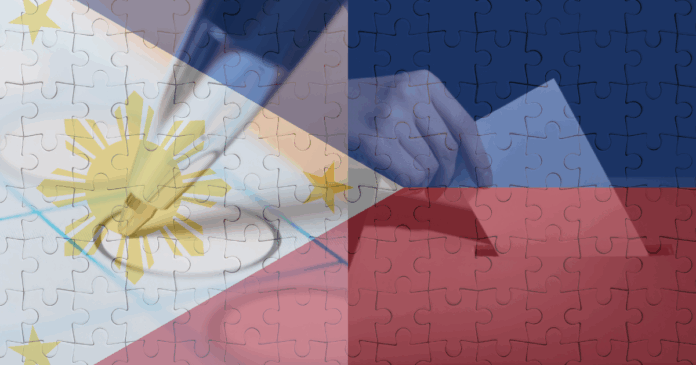The Philippines exercised its democratic process in May 2025 with the highest midterm voter turnout in recent history. What the 2025 elections showed was that it was never just about who made it into the Senate; it was about who the public let in and why.
While some headlines focused on dynasties lost or independents who punched above their weight, the more telling story may be what the vote revealed about what people really wanted.
Or rather, what they were waiting for.
The election revealed a significant and resonant theme. It was framed in many quarters as a collective expression of “kami naman,” a long-simmering desire for inclusion and attention from a political system that has, for decades, prioritized personalities over public needs.
That was most clearly reflected in the Senate results, which many observers described as a symbolic map of the country’s unmet needs. The top five winning candidates represented something essential. Bong Go stood for healthcare, especially through his promotion of Malasakit Centers and hospital access, while Bam Aquino brought free education to the table, with consistent advocacy for learning access and tech equity.
Ronald dela Rosa, despite criticisms of his past role in Duterte’s drug war, remained a symbol of security and public order. Kiko Pangilinan carried the banner of food and agriculture, having long worked with farmers and fisherfolk.
And Raffy Tulfo, through his media persona, became the people’s shortcut to justice, often filling in where formal systems failed.
It was as if the electorate was drafting a basic needs charter through the Senate vote: health, education, safety, food, justice. These weren’t abstract values – they were daily concerns. Many voters no longer asked which camp a candidate belonged to. They asked who was most likely to help them feed their families, send their children to school, or protect them from crime.
This wasn’t a protest vote in the traditional sense. It wasn’t driven by ideology or even coordinated frustration. It was quieter and more intimate.
It was voters – often dismissed as passive or loyalist – saying: we’re tired of waiting. Tired of the same last names, the same promises, the same machinery that assumes votes are owed.
2025 did not overthrow the system, but it made one thing clear: power is no longer inherited by default. It must now be earned through service, presence, and purpose.



